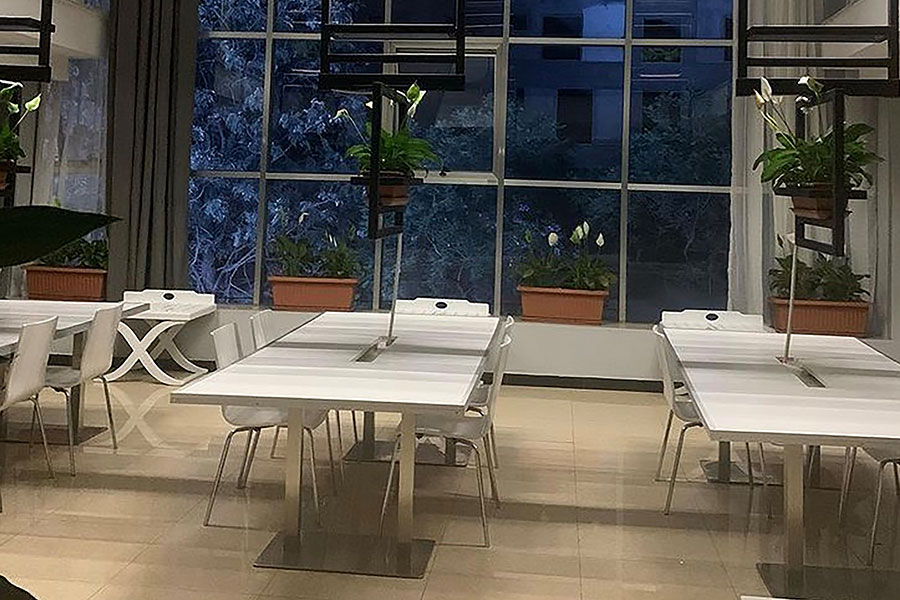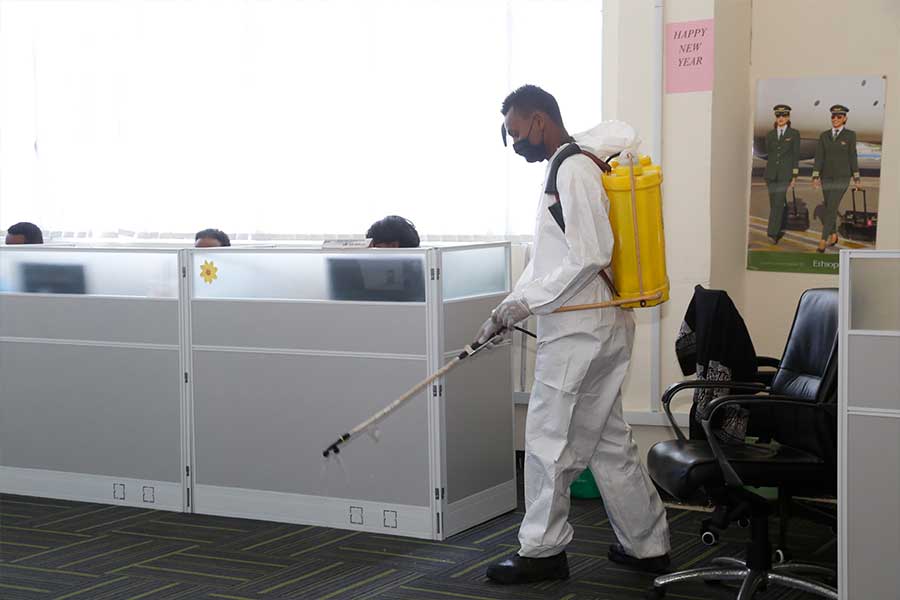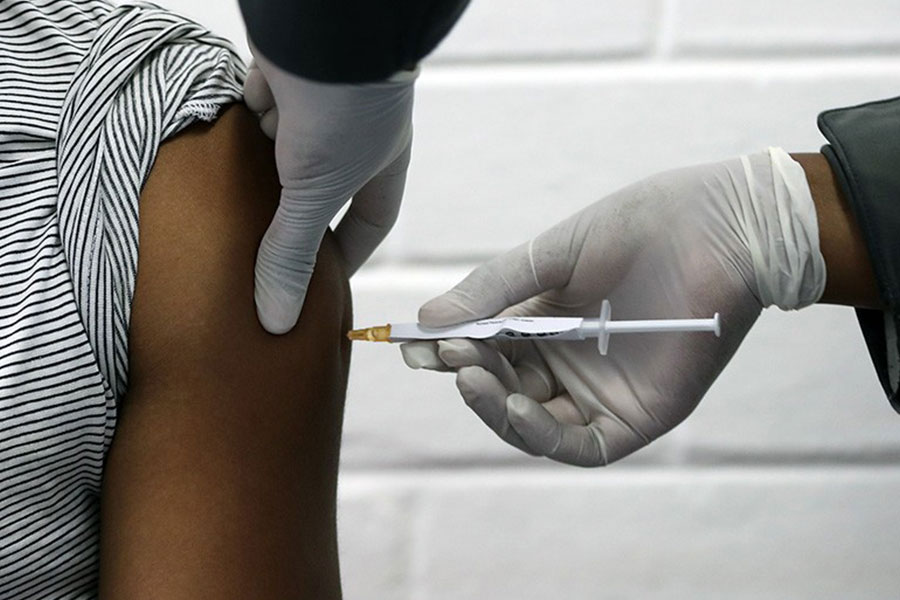
Fortune News | Apr 24,2021
Aug 8 , 2020
By MEHRET OKUBAY ( FORTUNE STAFF WRITER )
Private healthcare service providers can now provide treatment to Novel Coronavirus (COVID-19) patients, according to a mandatory manual drafted by the Ministry of Health.
The manual, already in use at two private hospitals, is for healthcare service providers that have been given temporary licences to treat COVID-19 patients. It sets a fixed price and is applicable for primary and general hospitals, laboratories, home-based healthcare providers and pharmaceutical companies.
This came following a directive issued by the Council of Ministers that loosens some provisions in the State of Emergency and allows private healthcare providers, which make up 27pc of the country's health facilities, to engage in treating COVID-19 patients.
Private healthcare providers are expected to ease the current pressure on the government by treating COVID-19 patients, according to Yakob Seman, director-general of medical services at the Ministry of Health. As of August 8, Ethiopia has reported a total of 22,253 cases with a total death toll of 390.
The fixed prices, set by the Ministry, are for private isolation beds, Intensive Care Unit (ICU) beds, psychosocial support and a number of other medical services.
"We've made an estimate cost for providing the care based on our experience as the primary treatment providers in Ethiopia," he said.
Regional health bureaus and city administrations are tasked with auditing private healthcare providers to ensure their adherence to these fixed prices. Hospitals will provide treatment for patients with mild to critical symptoms, while home-based healthcare providers will track asymptomatic patients and patients with mild symptoms who prefer to receive home care, according to the guideline.
Interested healthcare providers must make a formal request to the Ministry and then their respective regional or city Food & Drug Administration office will grant a permit to the healthcare providers upon inspection. The inspection involves ensuring the separation of treatment facilities for COVID-19 cases from other treatment centres including the laboratories and pharmacies.
“We expect the private health facilities to meet the Rapid Hospital Readiness Checklist prepared by the WHO," said Yakob.
Additionally, the private health facility is obligated to provide accommodation for its healthcare professionals if they are likely to put family members or friends in their residence at risk. Where the private health facility is not able to provide treatment for its patients with chronic diseases that previously received care from the facility, it is obligated to provide these patients with other options.
Health facilities that want to halt providing these services are expected to submit a notice a month in advance to their respective Food & Drug Administration offices.
The Ethiopian Pharmaceuticals Supply Agency will be responsible for supporting the provision and purchase of personal protective equipment for the service providers while the Federal Food & Drug Administration is required to speed up the process for the medical equipment entering the country and the examination of the equipment.
The Ethiopian Public Health Institute is responsible for ensuring that the licensed service providers are proceeding in line with the requirements.
So far, only Hallelujah and Silk Road Hospital have received the permit and started providing this treatment. Currently, requests from two other health institutions are being processed.
"This will help alleviate the burden by sharing it throughout the entire health sector," said Yirgu Gebrehiwot (MD), director of clinical services at Addis Abeba University's Faculty of Health Science.
It will pave the way for the private healthcare provider that wants to join in giving treatment to COVID-19 patients, according to Mohammed Shikur, vice president of the Ethiopian Healthcare Federation.
"However, it's critical that private healthcare institutions also proceed to provide other treatment services for chronic diseases, emergencies and child delivery, among others," said Mohammed.
PUBLISHED ON
Aug 08,2020 [ VOL
21 , NO
1058]

Fortune News | Apr 24,2021

Viewpoints | Mar 09,2024

Radar | Nov 07,2020

Editorial | May 16,2020

Radar | Jun 11,2022

Sunday with Eden | Jul 25,2020

Covid-19 | Jun 12,2021

Radar | Apr 17,2021

Advertorials | Aug 27,2024

Advertorials | Jul 17,2023

Dec 22 , 2024 . By TIZITA SHEWAFERAW
Charged with transforming colossal state-owned enterprises into modern and competitiv...

Aug 18 , 2024 . By AKSAH ITALO
Although predictable Yonas Zerihun's job in the ride-hailing service is not immune to...

Jul 28 , 2024 . By TIZITA SHEWAFERAW
Unhabitual, perhaps too many, Samuel Gebreyohannes, 38, used to occasionally enjoy a couple of beers at breakfast. However, he recently swit...

Jul 13 , 2024 . By AKSAH ITALO
Investors who rely on tractors, trucks, and field vehicles for commuting, transporting commodities, and f...

Oct 4 , 2025
Eyob Tekalegn (PhD) had been in the Governor's chair for only weeks when, on Septembe...

Sep 27 , 2025
Four years into an experiment with “shock therapy” in education, the national moo...

Sep 20 , 2025
Getachew Reda's return to the national stage was always going to stir attention. Once...

Sep 13 , 2025
At its launch in Nairobi two years ago, the Africa Climate Summit was billed as the f...